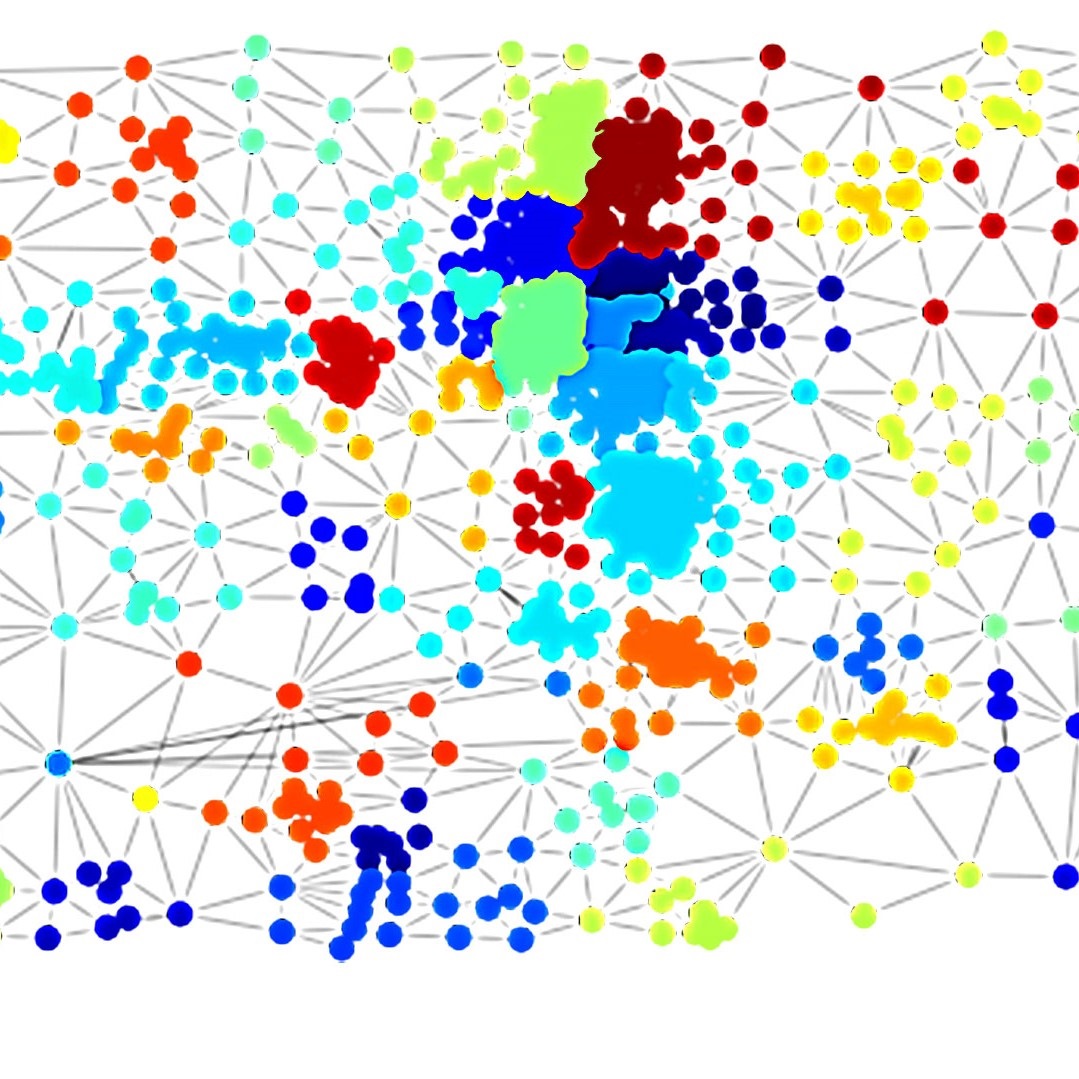Colorado College is co-sponsoring a virtual public symposium on redistricting in Colorado titled "Connecting Colorado for Fair Redistricting: A Public Symposium and Call to Action" from 9 a.m. to 4 p.m., Saturday, Sept. 19.
The free symposium will consist of a series of public conversations with redistricting experts, government staff, activists, and concerned citizens on redistricting, why it matters for everyone, and how Coloradoans can help, says Assistant Professor of Mathematics and symposium organizer Beth Malmskog. Major themes of the symposium include how the public can get involved in the redistricting process, how data and mathematics are involved in fair redistricting, and how redistricting will impact Colorado's communities of color.
CC's Associate Professor of Political Science Elizabeth Coggins will deliver the opening presentation, titled "Democracy, Representation, and the Stakes of Redistricting."
Gerrymandering is the process of manipulating the boundaries of electoral districts for political gain. "This is considered by many to be deeply unfair, but it has been a common practice in the U.S. for more than 200 years," says Malmskog. "Partisan gerrymandering has become even more of an issue in recent years with the rise of powerful technologies and focused strategies."
Jeanne Clelland, Professor of Mathematics at University of Colorado-Boulder, will discuss a mathematical technique that has figured prominently in recent court cases around partisan gerrymandering in her presentation, "Colorado in Context: Mathematics, Redistricting, and Colorado." As part of that, she will present a mathematical and statistical analysis of Colorado's current districting plan and electoral landscape that was conducted by a team of researchers that included several Colorado College students and alumni.
The team consisting of Clelland, Malmskog, Washington State Assistant Professor 0f Data Analytics Daryl DeFord, Colorado College Assistant Professor of Statistics Flavia Sancier-Barbosa, and Haley Colgate '20, have been working on the analysis since Summer 2019, when Colgate worked with Malmskog as a summer researcher with CC's Student Collaborative Research Program (SCoRe) to build a data-rich map of Colorado's electoral precincts. Austin Eide '16 assisted with the map building and Edgar Santos-Vega '20, Jose Monge-Castro '20, and Kadin Mangalik '20 worked on related research. The research team generated millions of random reasonable districting plans for Colorado and modeled the outcome of elections with these plans using real 2018 voting data. Their work employed new mathematical and statistical techniques in the area and examined the interplay of various fairness criteria in Colorado's Amendments Y and Z.
The U.S. Constitution mandates that all states must draw new maps in 2021, and people across the country are looking for ways to ensure that the new maps are fair. Colorado passed new laws in 2018 changing the way the maps will be drawn for the U.S. House and state legislative districts. These laws create an independent commission to choose the maps, a process for public input, and forbid partisan gerrymandering, Malmskog says.
In addition to Colorado College, the symposium is sponsored by the League of Women Voters of Colorado and the Interdisciplinary Research Institute for the Study of (in)Equality (IRISE) at the University of Denver. Dr. Cheri Colter of IRISE is a contributing organizer of the symposium.
Participants can join on Zoom or stream on Facebook Live through League of Women Voters Colorado, and can stay for the whole day or log on only for what matters most to them. A full schedule of speakers and topics is available and segments will be recorded and available to stream after the event.






